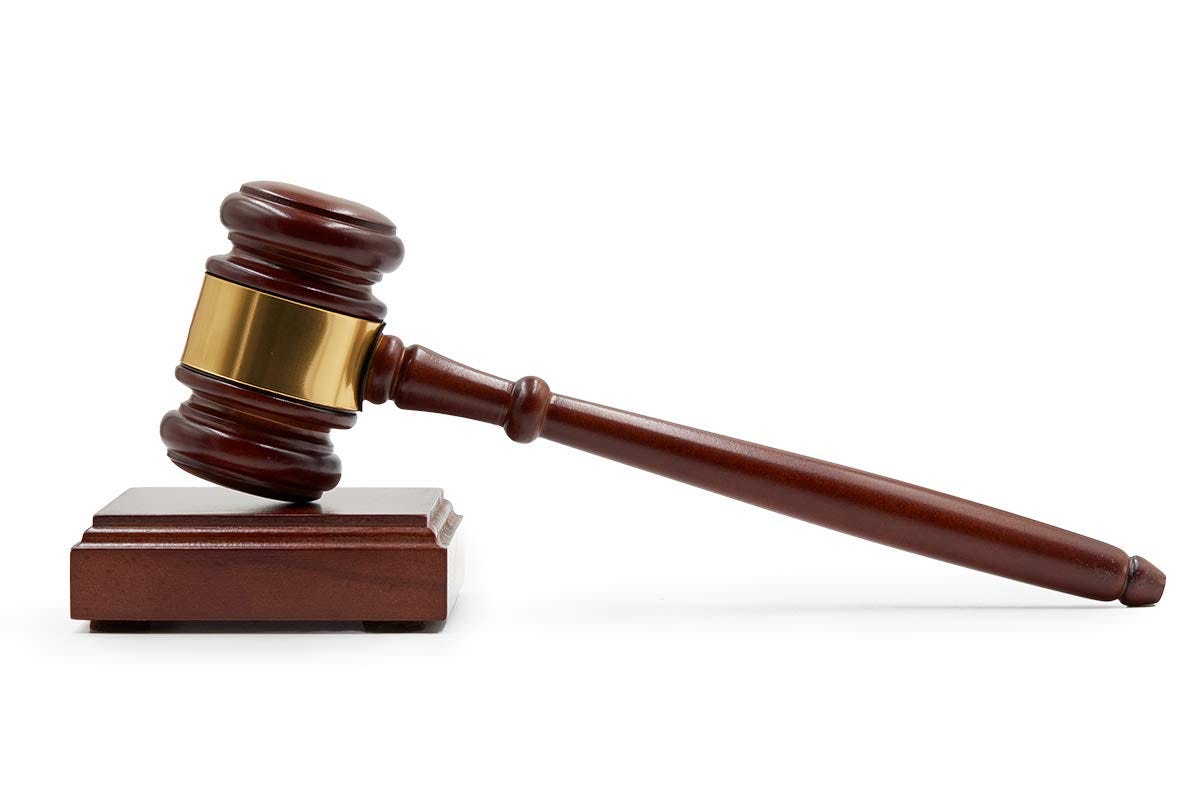With closing arguments in the books, the case of United States v. Householder is now in the hands of the jurors. Only they can determine the fate of former House Speaker Larry Householder and former Ohio GOP Chair Matt Borges.
Battle Line sat down with Gerald S. Prudence, a law professor at Western Kentucky University, to help readers understand what to expect next.
Battle Line (BL): Professor Prudence, thank you for talking with us today.
Professor Prudence (PP): Are you kidding? This is the most prestigious publication that’s ever asked me for an interview. Thank YOU!
BL: Our pleasure. Closing arguments are over. Now we’re in the stage of jury deliberation. Explain that process.
PP: Sure. Once the prosecution and defense each rest their case, the jurors huddle together to decide the verdict. During this process, it is common for the attorneys to stand just outside the room, scratching at the door and repeatedly yelling, “Are you done yet?! Are you done yet?!” To speed things along, the jurors are locked in the room with no food or water. That way, they don’t take forever to reach a consensus. Of course everybody wants justice to be served fairly and responsibly. But also quickly.
BL: Interesting. So what happens if there is, say, one juror who doesn’t agree with the other 11? A single standout is all it takes, right?
PP: We always hear that. One juror remains unconvinced and refuses to go along with the rest. But in reality, what usually happens is that the other 11 beat that juror to a bloody pulp until he has no other option but to go along with the crowd. There was a case in December where a juror had to be carried out on a stretcher. He didn’t return to solid foods until just last week. And that was for a simple shoplifting case. This is the largest public corruption scandal in Ohio history. So I wouldn’t expect any jurors to go too far out on a limb.
BL: Everyone is familiar with the saying, “Guilty until proven super guilty.” Can you explain what that means?
PP: Absolutely, “Guilty until proven super guilty” is a precept that distinguishes the American legal system from the rest of the world. It means that whenever someone is arrested and charged with a crime, that person is presumed guilty. That is why, when Larry Householder exited the courthouse the day of his arrest, you saw all those people on the sidewalk yelling, “Shame!” over and over. Civics 101 correctly told them that the former speaker was guilty.

BL: And “Super Guilty?”
PP: Yes, that is why we hold trials – to distinguish the guilty from the super guilty. When an indicted individual enters the courtroom, the best he can hope for is that he remains guilty. By contrast, the prosecution is trying to get a super guilty verdict, which is much harsher than a mere guilty verdict.
BL: That makes sense. So, in the case of Larry Householder, what happens if the jury reaches a guilty verdict?
PP: It’s not good. With a guilty verdict, I would expect the judge to order Mr. Householder to work on a farm in Perry County for the rest of his life.
BL: Sounds awful. And what if the jury says Householder is super guilty?
PP: Oh man, with a super guilty verdict the judge can really have his way with him. As in, he may order Larry to wear orange every day for the next two decades.
BL: That doesn’t sound so bad.
PP: Did I mention the orange clothes won’t even be Carhartt brand?
BL: Now that’s just cruel. We imagine the same general analysis would be true for Matt Borges?
PP: Who?
BL: Matt Borges. The former chair of the Ohio Republican Party. He’s been on trial this whole time too.
PP: Really? I had no idea someone else was on trial. I’ve just been paying attention to Larry.
BL: It’s true that the media have been most heavily focused on Householder. This publication is probably guilty of that too.
PP: That could actually work to Borges’ advantage. Once the jury reads the Householder verdict and the media is in a frenzy and flashbulbs are going every which way, Borges might be able to sneak out of the courtroom. It happens all the time.
BL: Then what?
PP: Once Borges reaches the outside of the courthouse, he’s free to do whatever he wants. He is not allowed to be arrested again for the same crime. It’s called double jeopardy.
BL: Oh yeah, we’ve heard of that! Always wondered what it meant. Our legal system sure is something, isn’t it?
PP: There is truly nothing else like it.





